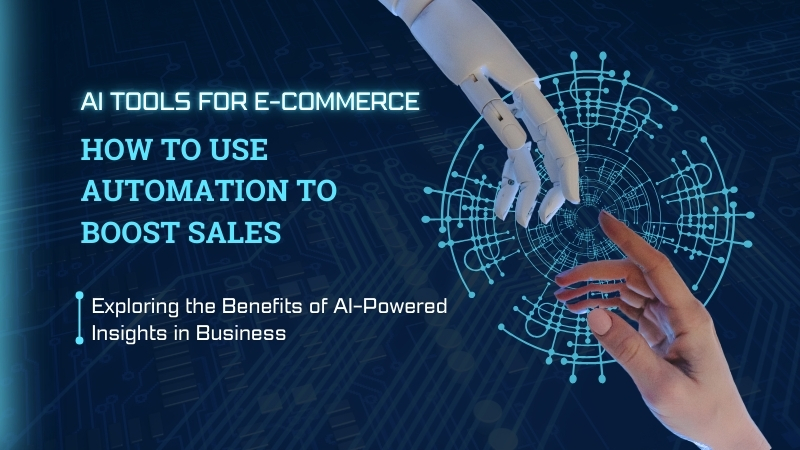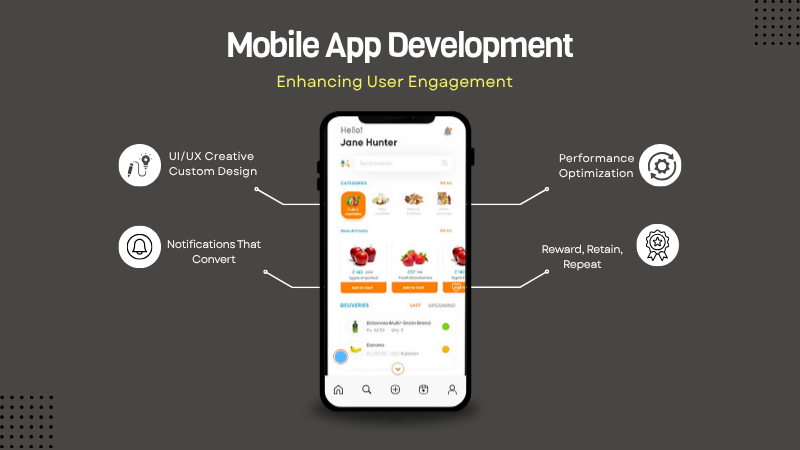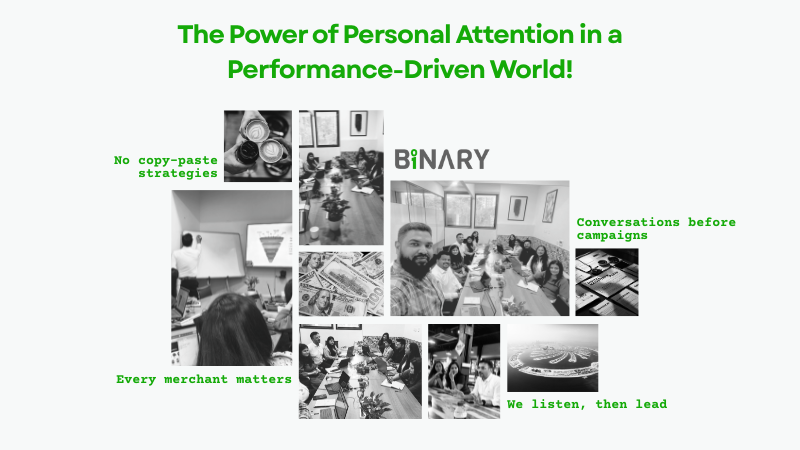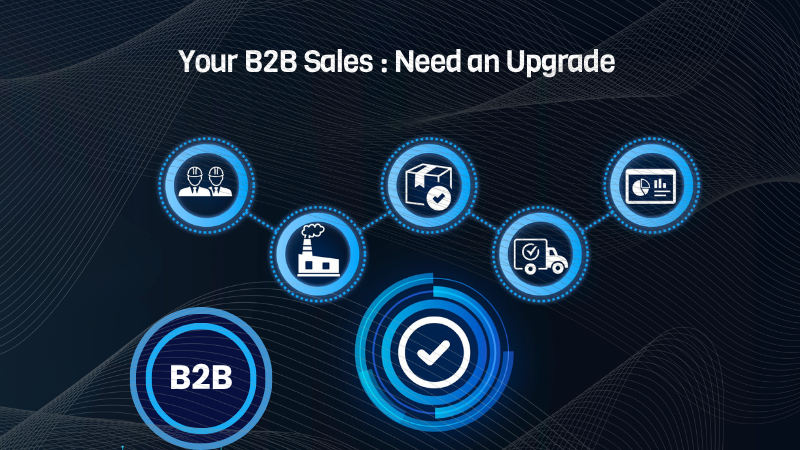In the ever-evolving world of e-commerce, success is rarely a stroke of luck—it’s a result of deeply integrated systems, seamless operations, and a strong strategic backbone. At Binary, we’ve worked with countless e-commerce brands that have grown rapidly on Shopify, only to face a common bottleneck: operational complexity.
If your business is scaling and your team is juggling spreadsheets, duplicate data entries, stock mismatches, or order delays, it might be time to introduce an unsung hero into your e-commerce ecosystem—Enterprise Resource Planning (ERP).
But what happens when ERP meets Shopify?
The result: a streamlined operation that feels almost like magic—but is actually engineered with smart integrations, strategic planning, and deep platform expertise.
Let’s unpack why integrating ERP systems with Shopify is no longer optional for scaling brands—and how Shopify experts like us at Binary can help you do it right.
Why ERP Integration with Shopify Matters?
Think of ERP as your business’s command centre. It centralises core functions like inventory, order management, accounting, supply chain, procurement, and customer data. Shopify, on the other hand, is your storefront—the sleek, customer-facing layer that drives revenue and engagement.
When these two systems are not connected, you create silos. Your inventory might show “in stock” on Shopify when it’s not. Your finance team might process orders manually, wasting precious hours. And your warehouse might ship late due to lagging updates.
Now, imagine this instead:
- A customer places an order on Shopify.
- The ERP updates inventory in real-time.
- Shipping, accounting, and CRM systems are automatically triggered.
- Everyone, from your warehouse to your finance team, stays in sync.
That’s the power of a fully integrated ERP-Shopify system—and why e-commerce experts in India and across the globe are making it a priority.
Key Benefits of Shopify + ERP Integration
Here are the top benefits brands experience after integrating ERP with Shopify:
1. Real-time Inventory Management
With real-time data sync between your ERP and Shopify, you avoid overselling or underselling. You know exactly how much stock is available, what’s reserved, and what’s en route.
“Before ERP integration, we were manually updating stock every day. Afterward, our inventory accuracy jumped to 99.9%.”
— A Binary client in the FMCG space
2. Faster, Error-Free Order Processing
Manual order entry is prone to delays and mistakes. ERP integration automates order data transfer, reducing errors and enabling quicker fulfilment. This results in happier customers and higher repeat rates.
3. Unified Data & Reporting
Say goodbye to disconnected systems and hello to unified dashboards. From sales and revenue reports to fulfilment analytics, you’ll make smarter decisions backed by a 360° view of your business.
4. Scalable Operations
As you grow—be it across geographies, sales channels, or SKUs—integrated systems ensure that your operations scale without chaos. You don’t need to triple your team to triple your revenue.
5. Better Customer Experience
From real-time stock updates to faster delivery and accurate invoices, your customers get a seamless, professional experience—every time.
Best Practices for a Successful ERP-Shopify Integration
At Binary, our Shopify experts in India follow a time-tested process for successful ERP integration. Here’s what we recommend:
1. Choose the Right ERP for Your Business Stage
Popular ERPs like SAP, NetSuite, Microsoft Dynamics, and Zoho offer different features. We help you select an ERP that matches your current needs and future growth plans.
2. Define Integration Goals Early
Are you integrating only inventory and order management? Or do you also need CRM, finance, and warehouse automation? Defining your scope early ensures a smoother implementation.
3. Use Reliable Middleware or Custom APIs
Middleware platforms like Celigo, Patchworks, or custom-built APIs can create robust bridges between Shopify and your ERP. The key is choosing scalable, secure tools with real-time sync capabilities.
4. Test, Then Test Again
Data mapping and sync rules must be tested rigorously before going live. Our e-commerce experts ensure edge cases (like returns, cancellations, and partial shipments) are handled correctly.
5. Train Your Teams
ERP integrations change workflows. Invest time in onboarding your team so they understand how to use the new system efficiently.
When Should You Integrate ERP with Shopify?
If you’re:
- Processing 100+ orders daily
- Managing complex inventory across multiple warehouses or locations
- Expanding to B2B operations or wholesale
- Struggling with manual reports and reconciliations
…then ERP integration is not just a “good to have”—it’s essential.
How Binary Helps?
As certified Shopify experts and seasoned e-commerce specialists in India, Binary understands the nuances of both platforms—Shopify and your ERP system. We don’t just “connect” tools—we engineer operations that work smarter.
We bring:
- Custom integration roadmaps
- API and middleware setup
- Workflow redesign and automation
- Post-integration support and scaling plans
Conclusion: Power Your Growth with Intelligent Integration
ERP-Shopify integration is like upgrading from a motorbike to a turbocharged engine. You can go faster, farther, and with far less friction.
If you’re looking to streamline operations, automate the mundane, and unlock smarter growth, it’s time to bring in the Shopify experts at Binary.
Let’s transform your backend into a growth engine—so you can focus on what you do best: building your brand.
Want to explore ERP-Shopify integration for your brand?
📩 Contact Binary — your trusted Shopify experts in India.

















